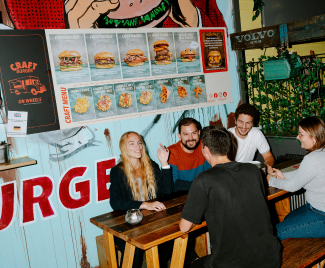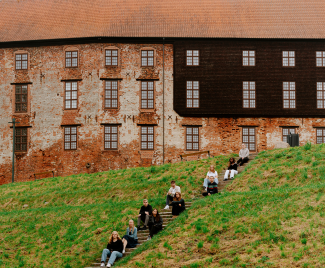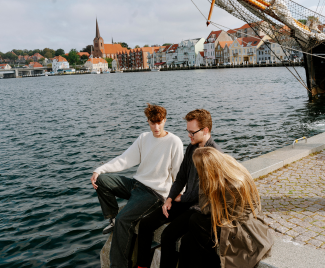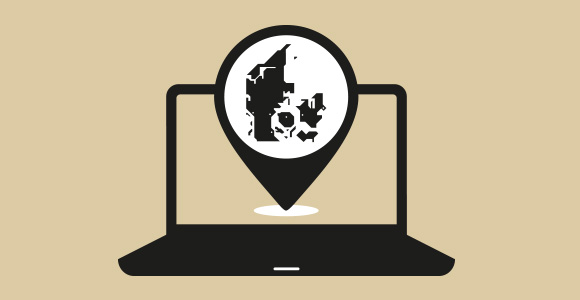Explore the Danish culture, social life at the University of Southern Denmark and career opportunities in the heart of Scandinavia. And find the guides to what, when and how when you are moving to Denmark.
Introduction to Denmark
Practical step-by-step guides
Living in Denmark
Get a world-class education at the University of Southern Denmark and achieve your career ambitions whilst enjoying the inclusive and relaxed Danish lifestyle.
With 5.9 million friendly locals, Denmark is consistently ranked as one of the happiest countries on the planet, and the famous Danish concept of hygge is an example of the Danish ability to seize the moment and enjoy everyday life.
Trust and tolerance are the cornerstones of Denmark’s democratic and open-minded society. This combination results in a safe, inclusive environment with high societal trust, which extends to institutions like the government, police, judiciary and healthcare services.

A nation with a love for the sea
SDU has five campus cities - all of which are close to the sea, and wherever you go in Denmark, you will never be more than 52 km from the country’s impressive 7,000 km coastline.
The Danish people have a deep affinity for water, and the ocean is an integral part of Danish culture. This includes everything from global Danish shipping companies and innovative offshore wind farms to the infamous seafaring heritage of the Vikings and the Danish tradition of swimming in the sea year-round.
Heading inland, Denmark’s varied landscape and numerous parks encourage an active lifestyle, with activities like cycling, kayaking and hiking to choose from.
The populations of SDU's five campus cities range from 30,000 to 200,000, which means that no matter which campus you choose, you will enjoy a close-knit community with easy access to city life, friends and activities.
Did you know...?
- The official language is Danish, but many Danes speak fluent English.
- The tap water is clean and safe to drink.
- Danes eat the most candy per capita.
- Daylight varies from 7 hours in winter to 17 hours in summer.
- Møllehøj at 170.86 metres is the highest natural point.
- Denmark forms a commonwealth with Greenland and the Faroe Islands.
Getting around like a Dane
For a truly Danish experience, consider getting a bicycle. Danes are famous for their love of cycling, which is easily the most common form of urban transport in Denmark – particularly among students.
More than 30% of Danes cycle daily, and the 12,000+ km of bicycle tracks and lanes across the country make cycling a safe and convenient way to travel.
It is of course possible to buy a car, but it is often unnecessary, as the campus cities are well-connected by public transport, giving you easy access to all parts of the country.

It's all about the experience
Your university experience extends well beyond your studies, and SDU’s five student cities offer the perfect setting to connect with fellow students.
Take part in the numerous city events and university-organised activities, including weekly student bars and an annual on-campus music festival. Denmark’s vibrant cultural scene adds another dimension to your stay with countless exhibitions, concerts and performances to enjoy and experience with friends.








Learn about life in Denmark from current students
-
![]()
Meet us online
Ask the students at SDU
Whether you have programme specific questions, or you just want to hear more about studying at SDU, our students are ready to help you. You can arrange an online meeting or get an answer by email.
-
![Related content]()
Online Open Day
Learn about SDU's international programmes
Online Open Day is your chance to get to know SDU, meet current students and our counsellors, get an introduction to student life and career in Denmark, and get to know our English-taught programmes.


